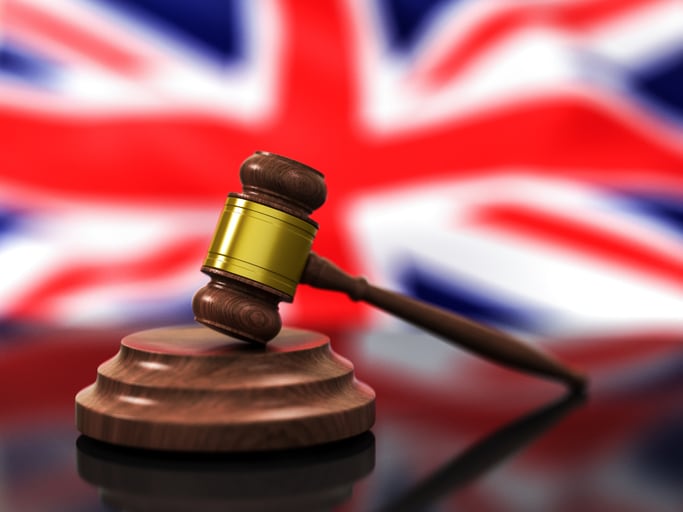Within the UK, nutrition and health claims are controlled by Regulation (EC) No 1924/2006 on nutrition and health claims made on foods, known as the NHCR, which has been amended today.
The only nutrition and health claims permitted to be used in England, Scotland and Wales are those that are listed in the Great Britain nutrition and health claims register, while the nutrition and health claims listed in the EU Register of Health
Claims can be used within Northern Ireland.
Currently, enforcement penalties set out in the regulation for non-compliance with the NHCR are up to two years in prison, or a fine, or both.
However, these penalties require the Local Authority to build a case sufficiently strong to meet specific criteria in order to justify the case being taken to court.
Owing to the cost and time resources this requires, local authorities have rarely enforced nutrition and health claims since the law came into force 17 years ago.
Another control that occurs in the UK against nutrition and health claims is in advertising, whereby the Advertising Standards Authority (ASA) publishes rulings and requests companies to cease using non-compliant claims identified, however the self-regulatory body has limited control.
The Council for Responsible Nutrition (CRN) UK told NutraIngredients the result has been a gradual decrease in the levels of compliance over the years, and the more compliant businesses have become affected by non-compliant businesses gaining competitive advantage.
However, this should all start to change starting Oct. 1, when the new Bill amendment will come into force and local authorities may issue Improvement Notices to counter nutrition and health claim non-compliances.
“CRN UK’s members put a lot of effort into being as compliant as possible, but over the years they have been facing an increasingly unfair marketplace, with many other companies seeming to be able to make what claims they like with no obvious enforcement," said Sam Jennings, technical director for CRN UK and current chair of the business expert (food standards & labelling) group.
"We hope that the introduction of this tool for nutrition and health claims will enable the enforcement authorities to clamp down on some of the more outrageous claims that are currently seen, and help create a more level playing field for businesses.”
How Improvement Notices work
The use of Improvement Notices follows a staged process, with plenty of opportunities for a business to agree to move to compliance before an Improvement Notice is even issued. Once a notice has been issued, there is the
opportunity to appeal. Otherwise, if the business still does not comply, it can be prosecuted for non-compliance with the Improvement Notice.
"Improvement Notices give local authorities a more pragmatic solution to deal with lower-level non-compliances," said David Pickering, lead officer for food issues at the Chartered Trading Standards Institute and a team manager for Buckinghamshire and Surrey Trading Standards.
"In the past these would have been the subject of advice, but it would have been unlikely to be pursued further legally if the advice was ignored as the only option was to attempt to prosecute. Improvement notices will enable us to engage more constructively with businesses to protect consumers and attain a level playing field."
A DHSC spokesperson added: "Improvement Notices will help bring the enforcement of nutrition and health claims in line with other domestic nutrition-related labelling, composition and standards enforcement procedures and will offer a more proportionate and less burdensome way of ensuring compliance."
Scotland implemented Compliance Notices for NHCR offences last year, while in Wales, the law should also be entering into force starting Oct. 1. There is the possibility that Northern Ireland will choose to follow this route in due course as well.


